Painting problems to avoid if you go the DIY route
Painting a wall or room yourself is certainly a doable project. Although it’s fairly simple, there are some pitfalls that you should know about before you start. There’s nothing worse than finishing a paint job only to find that something went wrong. Here are some common problems to avoid before you start painting.
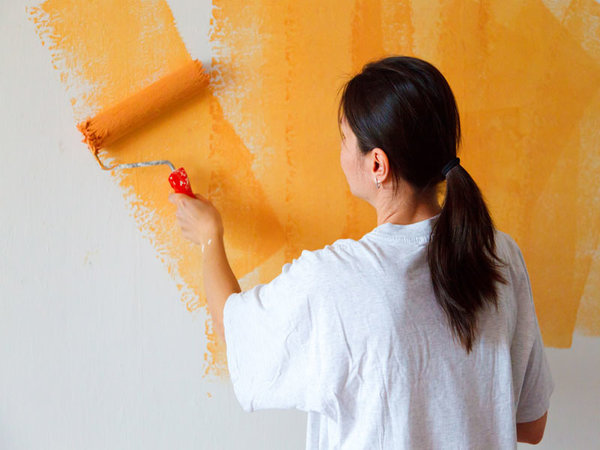
painting wall
peeling
Peeling paint occurs on both interior and exterior walls and can be caused by moisture, high humidity, poor caulking, clogged gutters, or a leaky roof. Improve your ventilation with wall fans and exhaust fans, repair crumbling grout, loose clapboards and full gutters. Then remove peeling paint, sand, clean, prime and repaint.
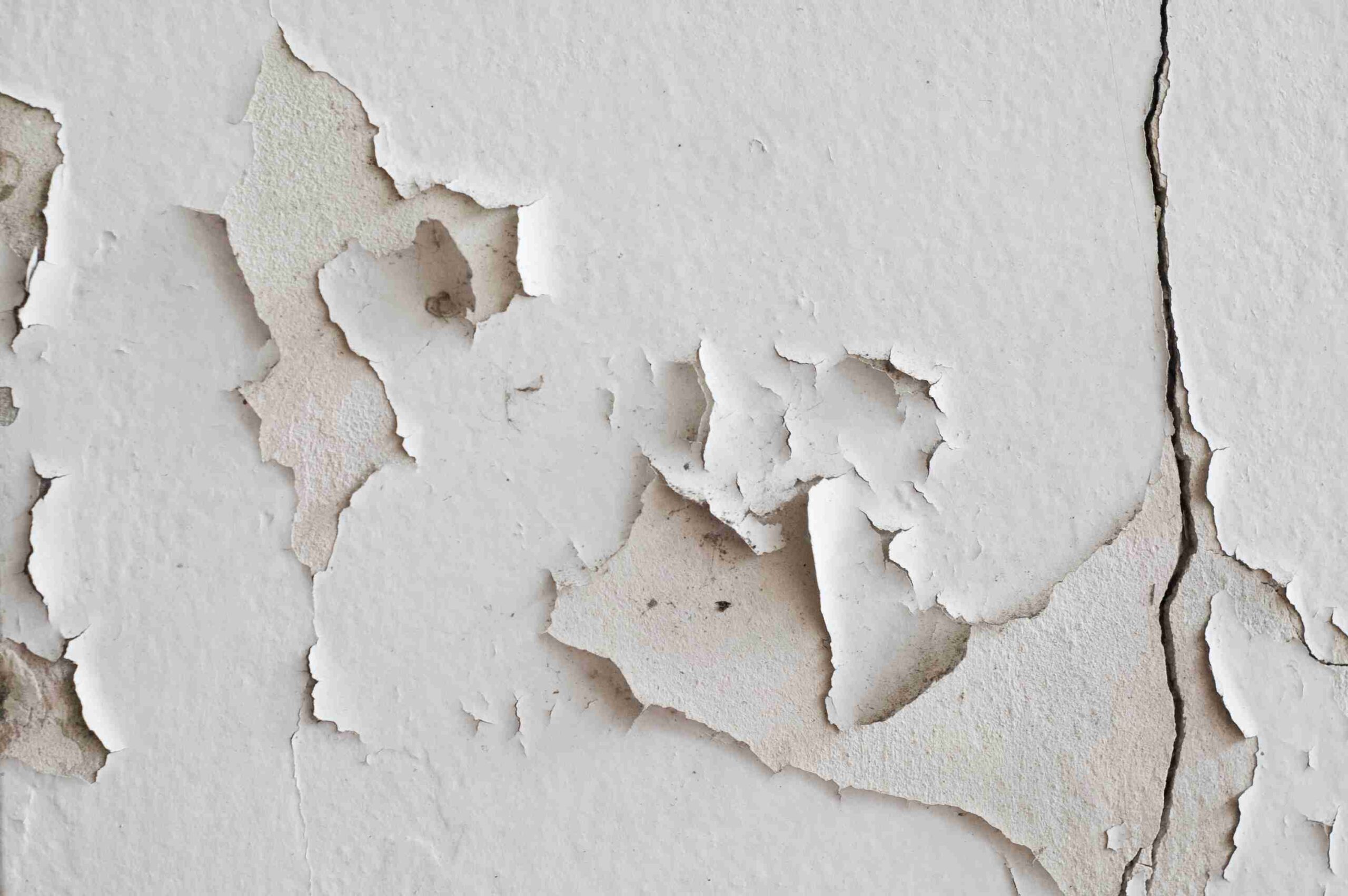
peeling
Cracks, flakes, lumps
Cracks, chips and clumps can occur on any surface and are caused by inadequate surface preparation. To repair, you can remove the cracked paint, sand, clean, prime and repaint the problem areas.
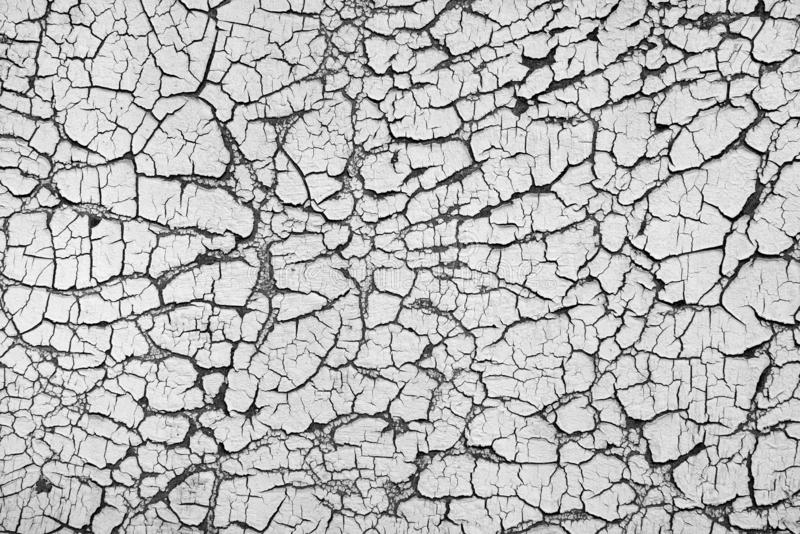
Cracks, flakes, lumps
bubbling
Blistering of paint is caused by heat and moisture. You may notice blistering and blistering on painted surfaces that are exposed to direct sunlight, or freshly dried latex paint that is exposed to rain, dew, and high humidity. Pop the bubble to see what’s causing the problem. If it’s moisture, make sure you’ve fixed the source of the problem, then strip, smooth, clean, prime and repaint.
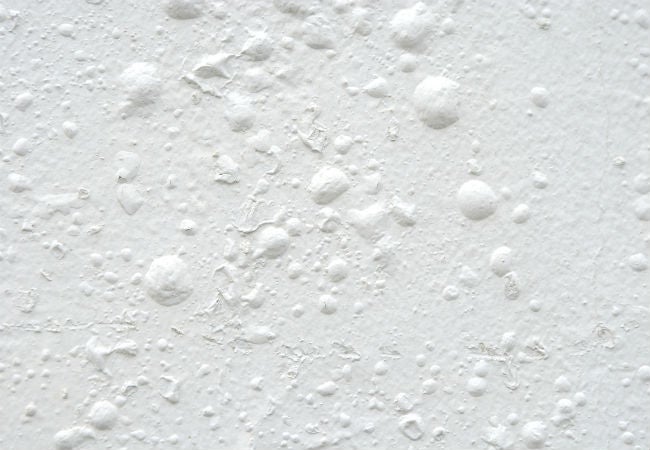
bubbling
alligator
Alligator is the visible pattern that looks like alligator skin, which can begin as wrinkles and turn into rectangular cracks. This happens when the paint goes through weather changes and is more likely to occur with oil based paints. To repair, you can scrape, sand, chemically remove, or use a heat gun. After you remove it, rinse it and let it dry completely. Then prime, let dry and repaint.
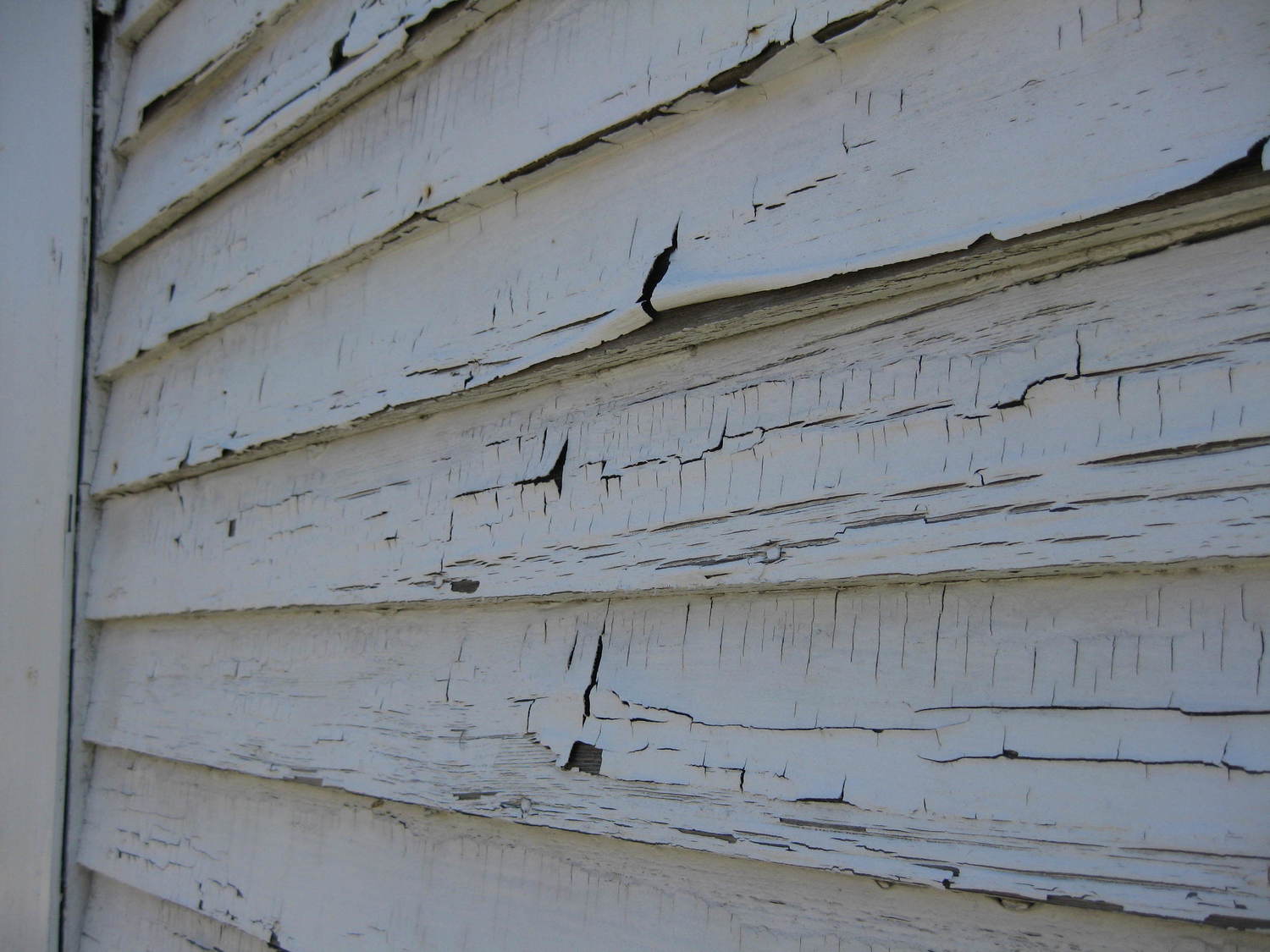
west
chalks
Chalking is what happens when you see a fine, white powder forming on painted walls, which happens in sunny and dry climates. Usually this happens when they are exposed to changes in the weather. You can remove this completely by treating with TSP solution and then rinsing. Wait for it to dry completely, then repaint with quality paint meant for outdoor use.
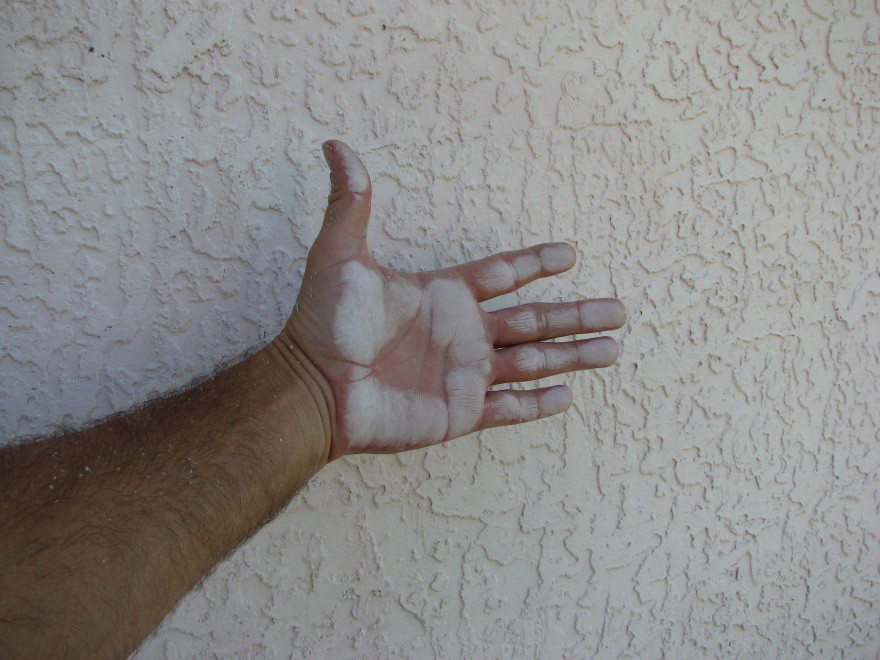
chalks
